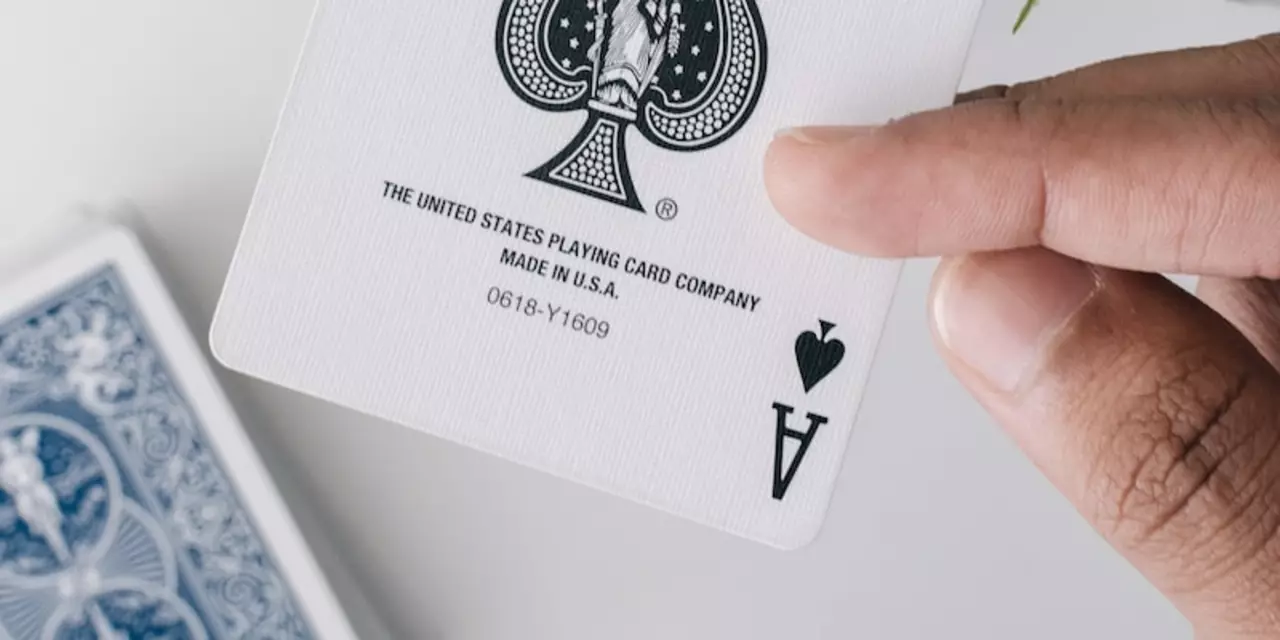Poker – Quick Tips and Fun Facts
Welcome to the poker tag page. Whether you are new to the table or have played a few hands, you’ll find clear advice that you can use right away. We keep things simple, no jargon, just the basics that let you have more fun and win a bit more often.
How to Play Poker
The most common version is Texas Hold'em. Each player gets two private cards, then five community cards appear in three stages: the flop (three cards), the turn (one card) and the river (one card). Your goal is to make the best five‑card hand using any combination of your private cards and the community cards. Betting rounds happen before the flop, after the flop, after the turn and after the river. You can fold, call, raise or check depending on the action.
Learning the hand rankings is the first step. A royal flush is the highest hand, followed by straight flush, four of a kind, full house, flush, straight, three of a kind, two pair, one pair and high card. Most beginners focus on pairs and high cards, but knowing the full ranking helps you read the board better.
Simple Strategies to Improve Your Play
Start by playing tight‑aggressive. In simple terms, that means you only play strong hands, but when you do, you bet and raise confidently. Hands like high pairs (AA, KK, QQ) and strong connectors (AK, AQ) are worth playing. Avoid chasing weak draws just because you like the excitement of a potential flush or straight.
Position matters a lot. Being last to act (the dealer or “button” position) gives you more information about what others are doing. If you’re early in the betting order, stick to very strong hands. As the game goes on, you can loosen up a bit if the pot looks attractive.
Watch the size of the pot and the bets. If the pot is getting big and the bets are small, it might be a sign that players are playing weak hands. Conversely, a sudden large bet could mean someone has a strong hand. Adjust your play based on these clues.
Avoid tilt – the frustration that makes you play badly. If you lose a big hand, take a short break, drink water, and reset. Playing while angry usually leads to worse decisions.
Lastly, practice online or with friends before you sit at a live table. Free games let you test the strategies above without risking money. The more you play, the more comfortable you’ll feel with reading the board and your opponents.
We hope these quick tips help you enjoy poker more. Keep the advice simple, stay disciplined, and have fun while you learn. Happy dealing!

What is the best way to go about building a poker bot?
A poker bot is a computer program designed to play poker autonomously. Building a poker bot requires a deep understanding of the game and its strategies. Firstly, the bot should be able to recognize the hands, understand the rules of the game, and be able to make decisions based on the cards. Secondly, it should be able to make strategic decisions based on the situation. Finally, the bot should be able to learn and adjust its strategy for different opponents. There are many tools and technologies available for building a poker bot. With the right knowledge and patience, anyone can build a successful poker bot.